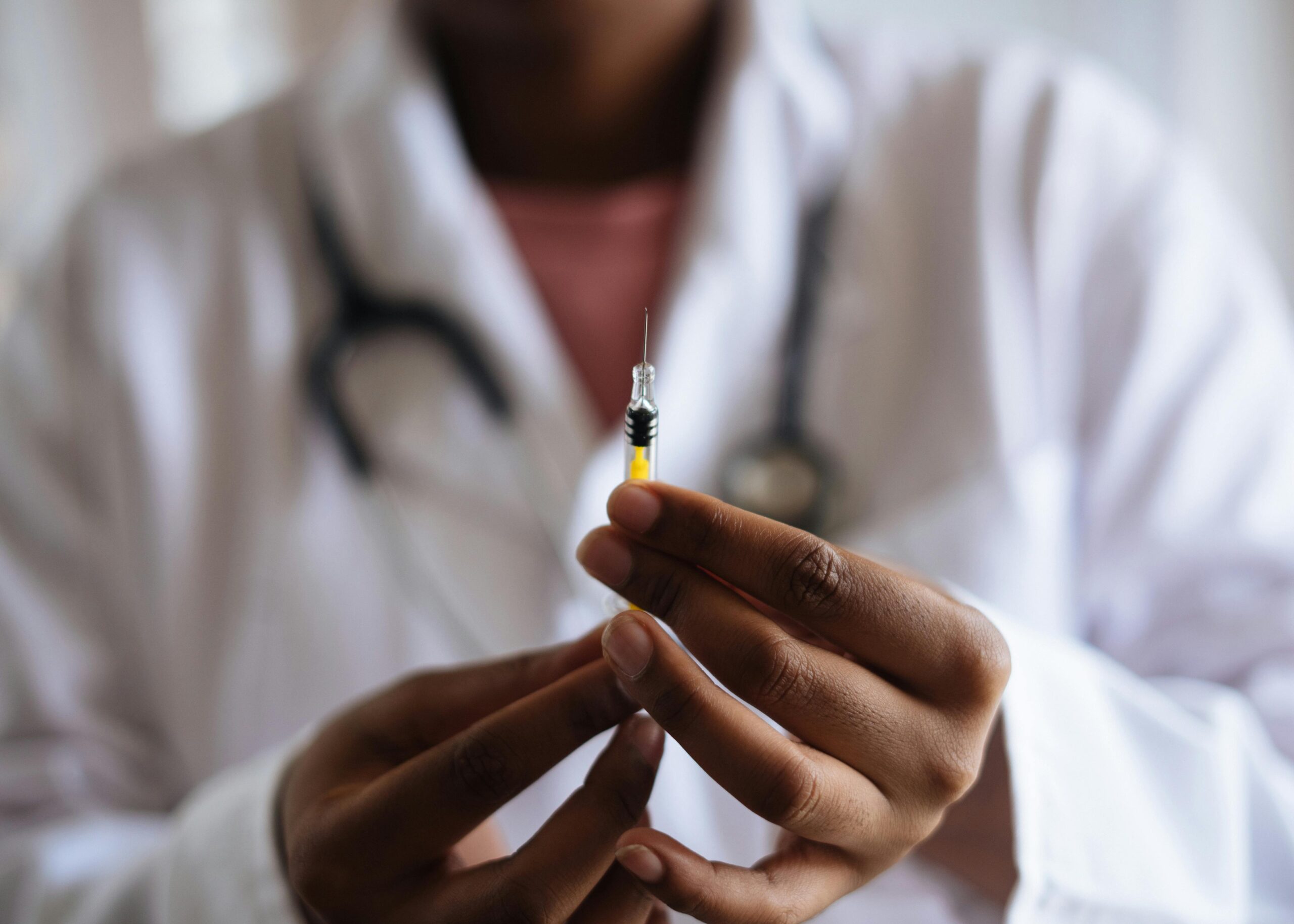The Federal government has expressed its determination to move the health sector from a mere consuming sector to a major contributor to the nation’s Gross Domestic Product (GDP). Minister of State for Health and Social Welfare, Dr. Tunji Alausa, who stated this at the 2024 yearly conference and general meeting organized by the Health Federation of Nigeria (HFN) in Lagos, noted that the government is focusing on moving the contribution of the health sector from less than 6% to over 15% as obtainable in other developed countries”.
The event which brought together stakeholders in both public and private sectors, had the theme: “Bridging the Gap: Public-Private Integration as a Catalyst for Sustainable Growth,”.
The Minister who stressed the need for effective resource mobilization and collaboration between public and private entities to meet the nation’s healthcare needs, underscored the role of the private sector in supplementing and reinforcing public services. Alausa assured the gathering of the government’s commitment to fostering an enabling environment for private sector growth. He said: “Collectively, private markets have the potential and capacity to fill the gaps and constraints faced by government-financed and government-provided healthcare. In addition, critical factors such as collaborations that leverage individual strengths, robust frameworks, and policies, targeted opportunities for development such as skills development programs, capacity-building among others are necessary.
“T have met with major players in the private sector in our healthcare delivery system and encouraged them of government support in Private investment in infrastructure, investment in the secondary and tertiary-care provision, mobilization of additional resources to meet our increasing needs, a strong network of the supply chain that guarantees effectiveness, and introduction of new services and product that enable the ease of healthcare delivery”, he added. In his remarks, the Coordinator of Unlocking Healthcare Value-Chain Initiative, Dr. Abdul Mukhtar who spoke virtually during the conference urged Nigeria to leverage initiatives like vaccine production to enhance health security and reduce dependency on imports.
He said: “Nigeria was missing in action. When people were talking about vaccine production, they always talked about Senegal, South Africa, Rwanda, and other countries like that, It was painful for me as a Nigerian to see that Nigeria was missing. So for me taking this job is an opportunity for me to come back home to Nigeria and work with different stakeholders in the healthcare sector.
‘It’s right for Nigeria to do what we are doing now. 55% of the West African pharmaceutical market is actually in Nigeria, valued at $5.2 billion, estimated in 2020. Still, we can put 70% of the pharmaceutical products that we use in this country as 99% of medical devices, and almost 100% of vaccines. Mostly from China and India. This has a lot of implications for foreign exchange for the trade balance, but more importantly for health security. On his part, the Comptroller-General of the Nigeria Customs Service, Adewale Adeniyi, called for duty exemptions on life-saving equipment to streamline healthcare importation and reduce costs.
Adeniyi highlighted the importance of customs’ partnership with the health sector in safeguarding public health through efficient trade facilitation. The Comptroller-General stated that pharmaceutical products account for 3% of total imports in the country between 2020-2023. “For instance, in 2020, this sector accounted for N528.8 billion out of a total of N12.5 trillion. This represents 4.29%. But as seen in the 2023 figure, this has reduced to approximately N417.7 billion out of a total of N27.7 trillion in the economy, constituting only about 1.51% of our total figures. I believe that life-saving equipment should be completely zero duty, even when we commit under some international agreements, Nigeria could make exemptions to such equipment”. Adeniyi noted that coordinated efforts are crucial to “align our enforcement priorities with your objectives,” facilitating the swift interception and seizure of illicit or substandard medical products at ports of entry.
Industry, Trade, and Investment Minister, Dr. Doris Uzoka-Anita, emphasized the role healthcare plays in driving economic prosperity, stating that Nigeria’s economic growth hinges on a robust and resilient healthcare system. Uzoka-Anita highlighted the multifaceted benefits of accessible healthcare, stating: “It presents a significant opportunity for the creation of jobs, manufacturing capacity, and economic resilience; access to healthcare creates a productive, innovative and globally competitive workforce, contributes to social cohesion and targeted and early investments in childhood care, and prevents future social costs. Adeniyi noted that coordinated efforts are crucial to “align our enforcement priorities with your objectives,” facilitating the swift interception and seizure of illicit or substandard medical products at ports of entry.
Industry, Trade, and Investment Minister, Dr. Doris Uzoka-Anita, emphasized the role healthcare plays in driving economic prosperity, stating that Nigeria’s economic growth hinges on a robust and resilient healthcare system. Uzoka-Anita highlighted the multifaceted benefits of accessible healthcare, stating: “It presents a significant opportunity for the creation of jobs, manufacturing capacity, and economic resilience; access to healthcare creates a productive, innovative and globally competitive workforce, contributes to social cohesion and targeted and early investments in childhood care, and prevents future social costs.




